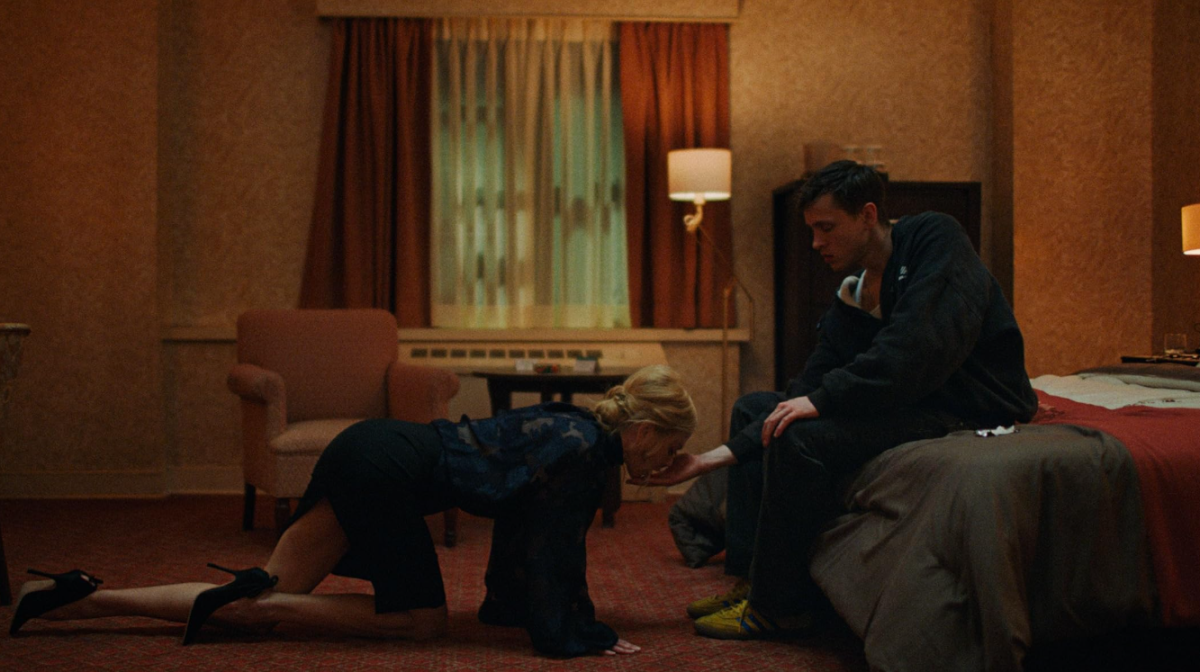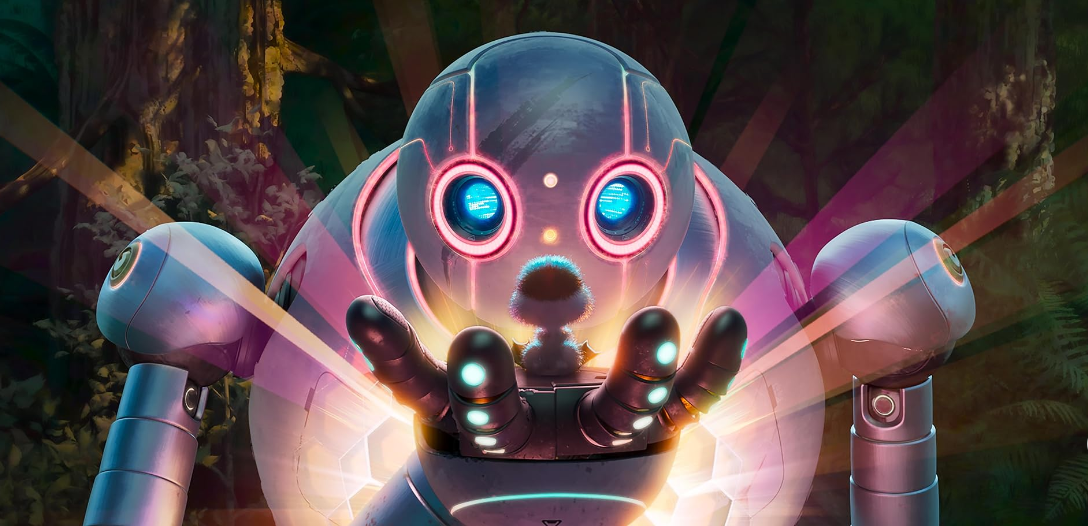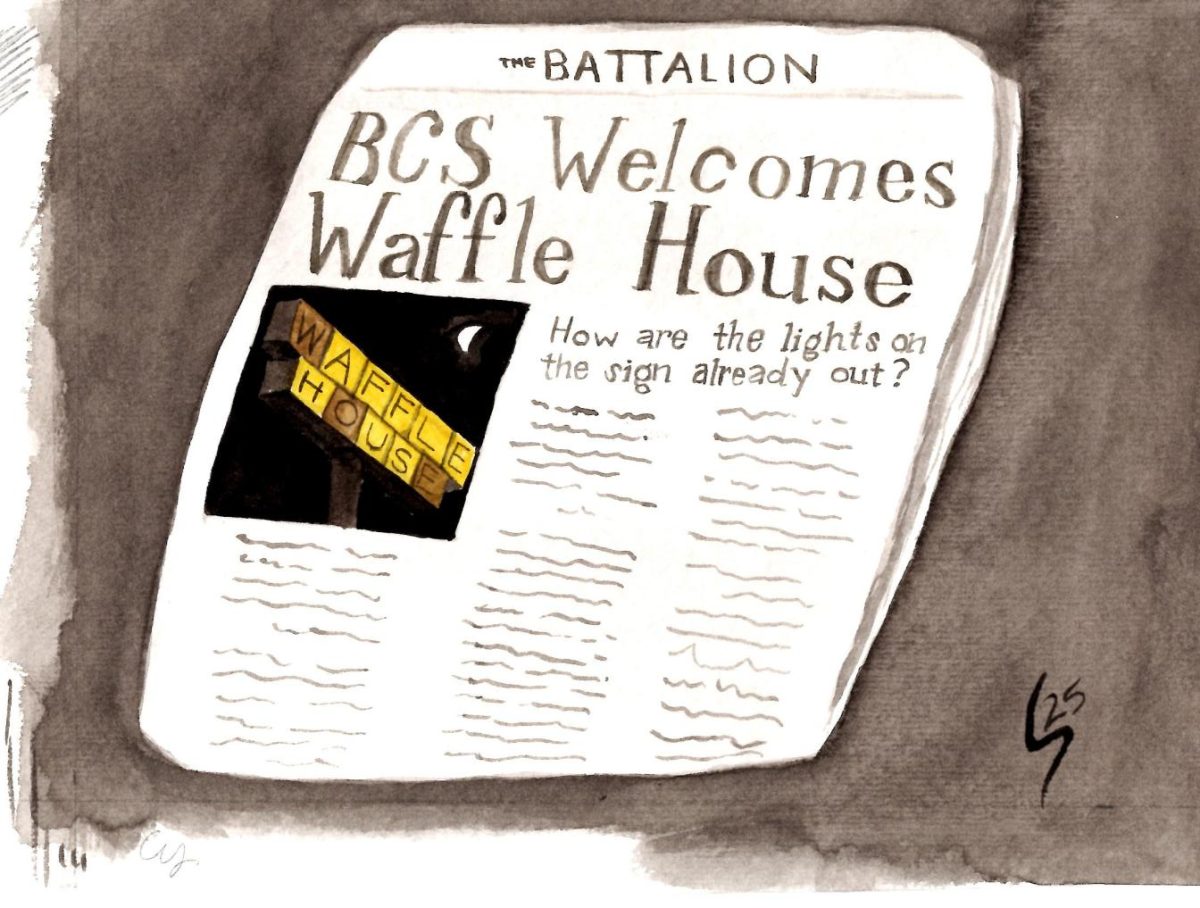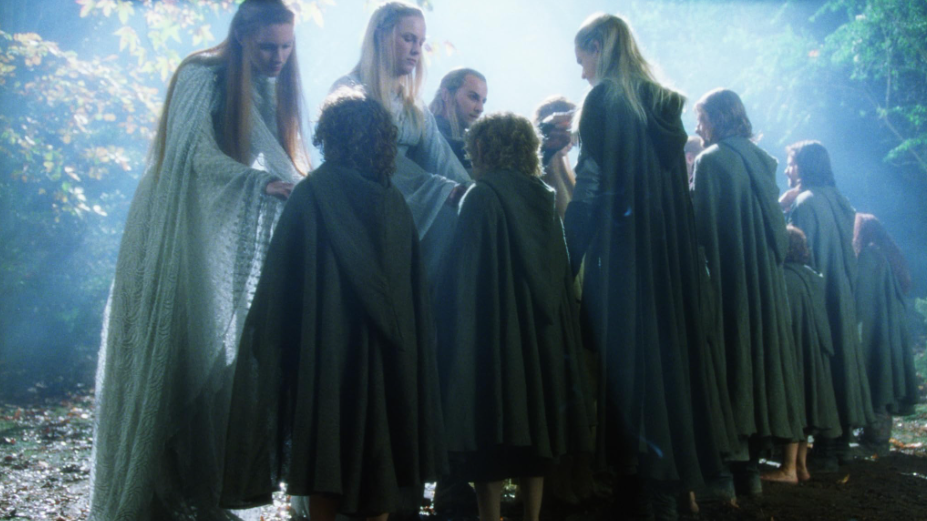The Joker has shot Barbara Gordon. Her father sits naked in a cage, his face buried behind his knees. Batman is nowhere to be found.
The point of this torture, the Joker explains, is not humor, but psychology: “I give you the average man!” he exclaims, arms wide as if introducing a carnival attraction. “Most repulsive of all are its frail and useless notions of order and sanity. If too much weight is placed upon them, they snap.”
The scene takes place in “The Killing Joke,” one of the most influential graphic novels in Batman’s canon. Throughout, we learn the Joker’s origins as an irrelevant standup comedian, a man who — needing money to take care of his pregnant wife — gets mixed up in the wrong crowd. Desperate, he joins a failed heist and is left deformed after falling into a vat of chemicals. On top of it all, his wife dies in a freak household accident, so none of it mattered. At that moment — his face itching and burning from the chemicals, his hair turning a maniacal shade of green — the everyman snaps. He transforms into the Clown Prince of Crime, the incarnation of the old Mel Brooks quote, “Tragedy is when I cut my finger. Comedy is when you fall into an open sewer and die.”
But the closer one reads the Joker’s origin, the less sympathetic he becomes. He once had a respectable job at the chemical plant where he performed the heist. He was not fired but left to pursue standup comedy. He didn’t fall into the vat so much as he jumped to avoid Batman chasing him.
Nevertheless, readers would be wrong to dismiss the Joker’s beliefs as mere self-pity. His musings are, as Hamlet observed of his dithering, “a thought which, quartered, hath but one part wisdom and ever three parts coward.” It is a seductive ratio, for evil is at its most convincing when it has a point. As much as anyone with a modicum of self-respect hates to admit it, we all have breaking points. It is a frequent theme in literature, showing up in such diverse works as “The Killing Joke,” “Hamlet” and “The Lord of the Rings.”
Never forget: Atop Mt. Doom, mere moments away from destroying The One Ring, Frodo also snaps — he attempts to keep The Ring for himself. It is tempting to call him a failure, but Tolkien was less judgmental. In a 1963 letter, the author wrote, “I do not myself see that the breaking of [Frodo’s] mind and will under demonic pressure after torment was any more a moral failure than the breaking of his body would have been — say, by being strangled by Gollum or crushed by a falling rock.” Tolkien added: We must make “use of two different scales of ‘morality.’ To ourselves we must present the absolute idea without compromise, for we do not know our own limits of natural strength… [To others] we must apply a scale tempered by ‘mercy.’”
In other words, if there is wisdom in knowing that all men break, there is cowardice in reveling in it. That’s the central tension between Batman and the Joker, the fact that makes their relationship so compelling: Both men had one bad day. The Joker is at peace because he revels in it; Batman stays strong but will never have peace.
“Joker” hits on the same points but from a more sociological perspective. Arthur Fleck is a mentally-ill physical and emotional abuse victim whom Gothamites generally treat worse than the super rats which infest their city. In some sense, he never stood a chance. After one too many antagonisms, Fleck snaps as well. As Adrian Raine, a neuro-criminologist at the University of Pennsylvania, said in an interview with Vanity Fair, “[Joker] was a surprisingly accurate prediction of the kind of background and circumstances which, when combined together, make a murderer.”
That’s the greatest irony in all of this: If “Joker’s” more portentous critics — those who believe it will serve as inspiration for incels — want to be taken seriously, they will have to see the film. When they do, they will see a movie interested in the same themes as they are: culture’s responsibility in maintaining its health and the consequences of failing in that responsibility. They will see what Batman does when he stares upon the grim visage of the Joker: a demented, grotesque, fun house mirror version of themselves.
Try not to laugh.
‘We all have breaking points’
October 16, 2019
Photo by Creative Commons
The fall 2019 film “Joker” premiers in theaters October 4.
0
Donate to The Battalion
$70
$2500
Contributed
Our Goal
Your donation will support the student journalists of Texas A&M University - College Station. Your contribution will allow us to purchase equipment and cover our annual website hosting costs, in addition to paying freelance staffers for their work, travel costs for coverage and more!
More to Discover
















